Creating a daily routine for your feline friend is essential for their health and happiness. Cats, with their independent spirits, still thrive on routine and predictability. A structured schedule can help reduce anxiety, prevent behavioral problems, and ensure they get the physical and mental stimulation they need. This article delves into how you can curate the perfect day-to-day routine for your cat, ensuring they lead a balanced and fulfilled life.
Understanding Your Cat’s Natural Instincts
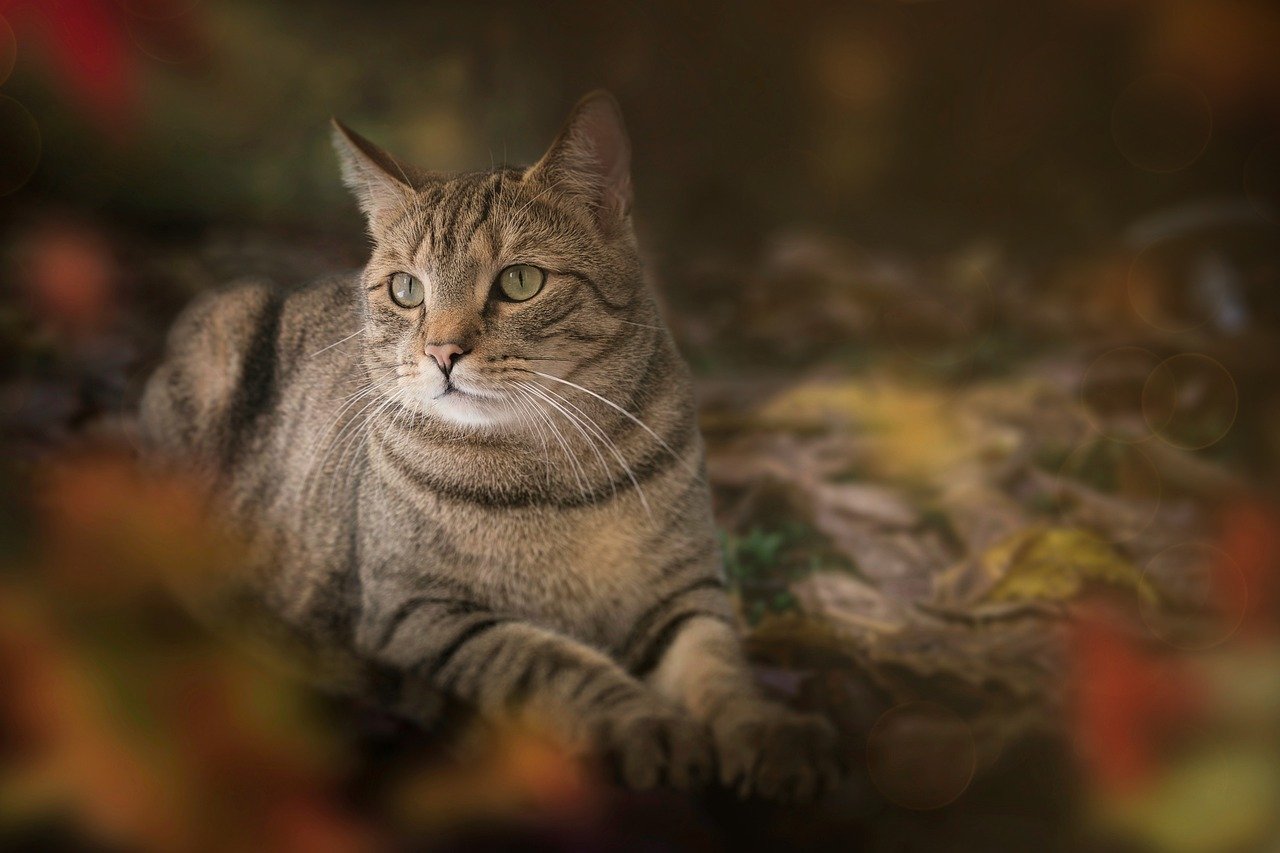
Cats are creatures of habit, and their instincts often guide their behavior. It’s vital to recognize that cats are natural hunters, and their daily activities revolve around this primal urge. In the wild, cats spend a significant part of their day hunting, eating, grooming, and sleeping. By acknowledging these instincts, you can create a routine that mimics their natural behaviors, even in a domestic setting. This means incorporating playtime that mimics hunting, feeding schedules that resemble their natural eating habits, and providing plenty of opportunities for rest.
Setting a Regular Feeding Schedule
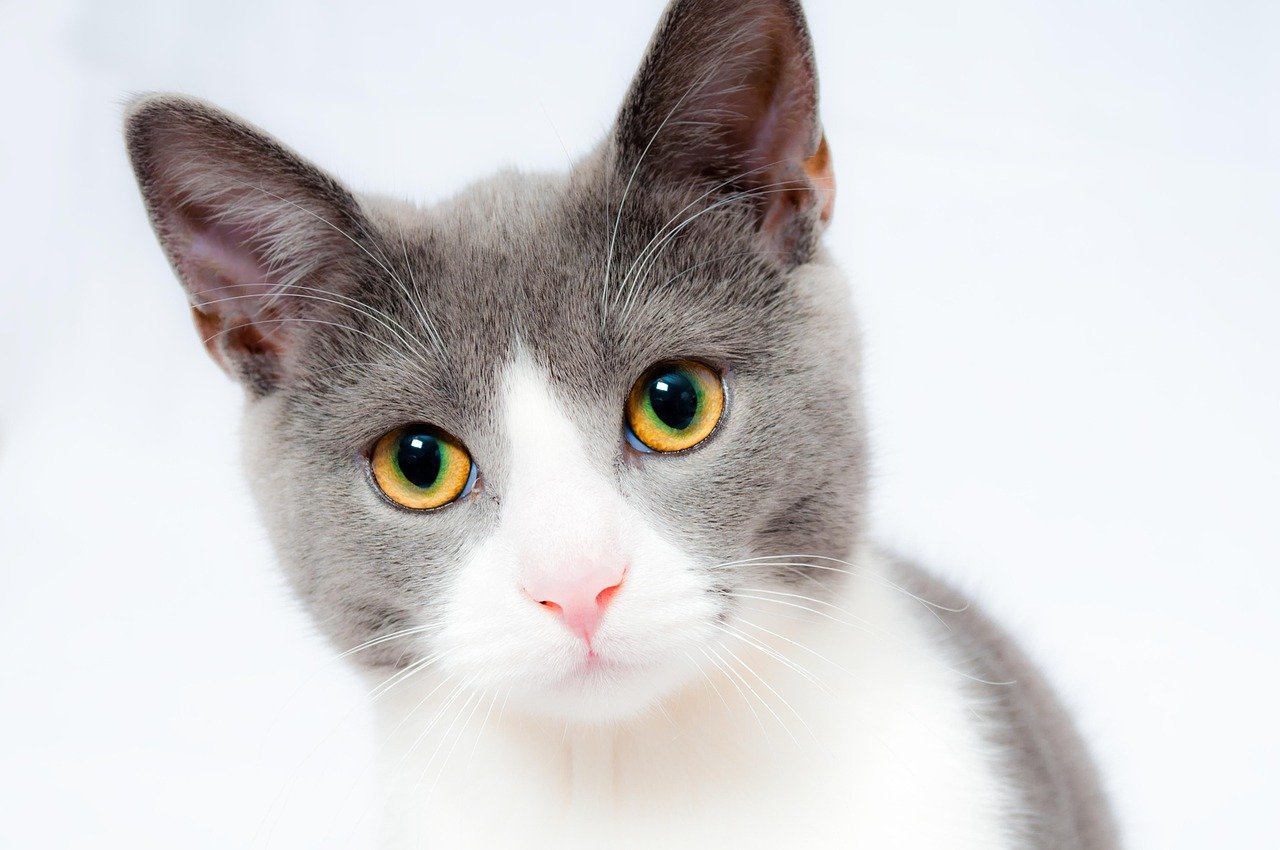
Feeding your cat at the same times each day can bring a sense of security and predictability. Most cats prefer small, frequent meals, similar to how they would eat in the wild. By setting a consistent feeding schedule, you can help manage their weight and prevent overeating. Consider using puzzles or interactive feeders to stimulate their minds and slow down their eating pace. Additionally, always ensure fresh water is available, as hydration is crucial for their health.
Incorporating Playtime
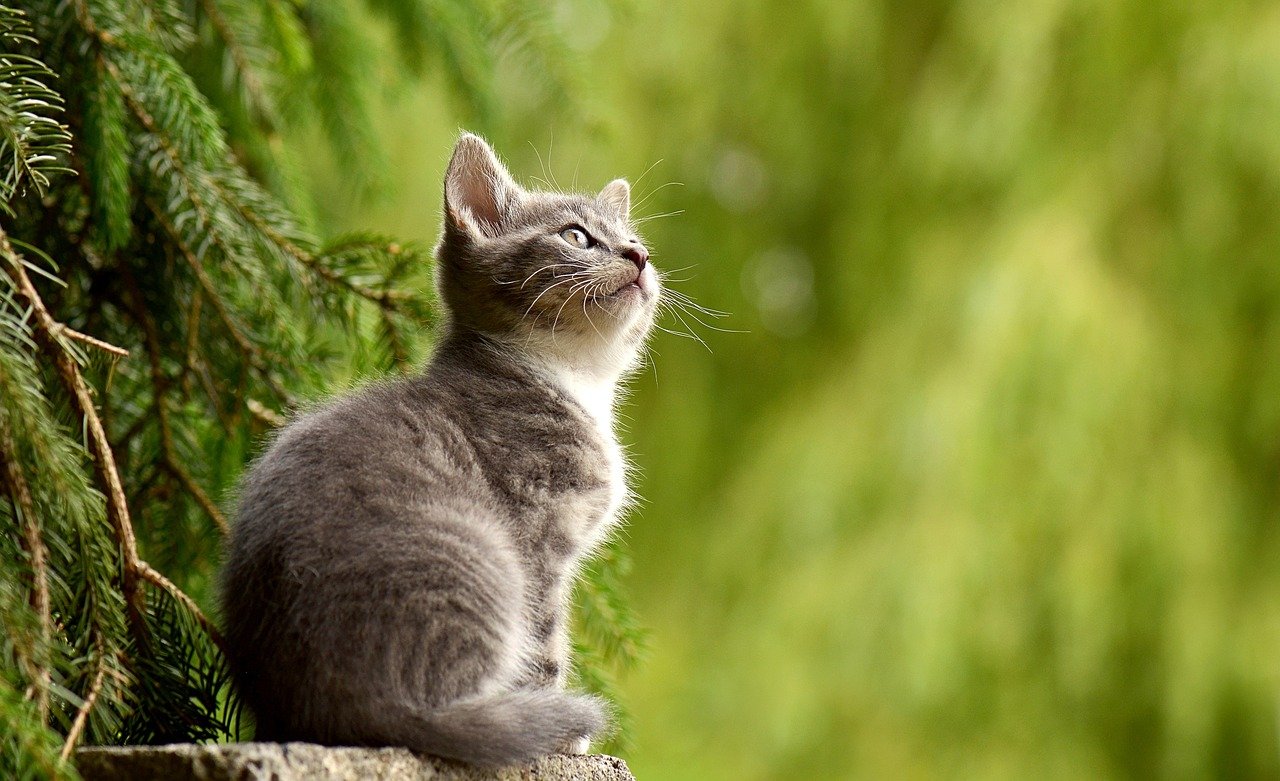
Play is not just a fun activity for cats; it is an essential part of their routine. Playtime helps them burn off energy, stay fit, and satisfy their hunting instincts. Use toys that mimic prey, such as feather wands or motorized mice, and engage in interactive play sessions. Aim for at least two 15-minute play sessions each day. This not only strengthens the bond between you and your cat but also keeps them mentally and physically stimulated.
Designating Rest and Nap Times
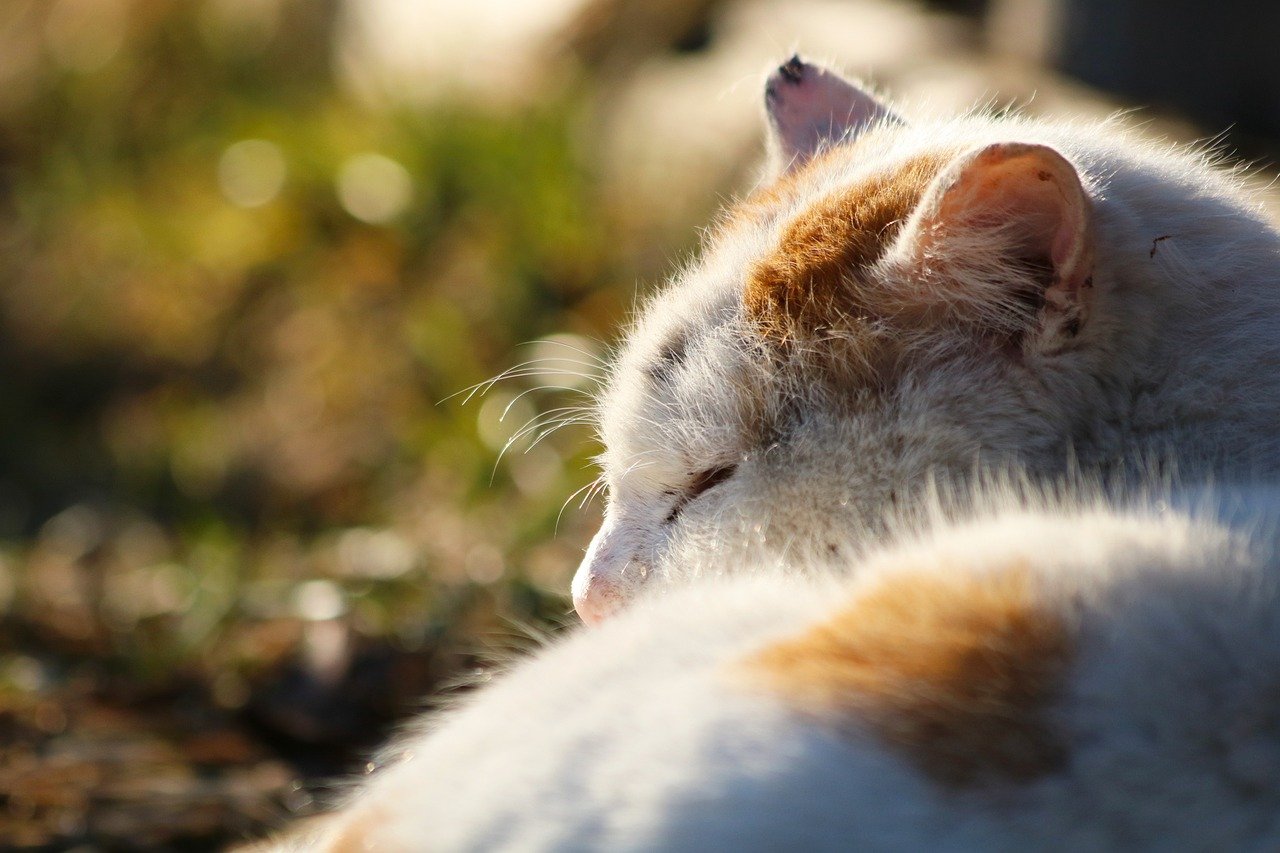
Cats are known for their love of sleep, often napping between 12 to 16 hours a day. Providing a quiet and comfortable space for your cat to rest is crucial. This could be a cozy bed, a sunny windowsill, or a soft blanket in a quiet corner. By recognizing their need for sleep, you can ensure they have uninterrupted rest periods, which are essential for their overall well-being.
Grooming and Hygiene
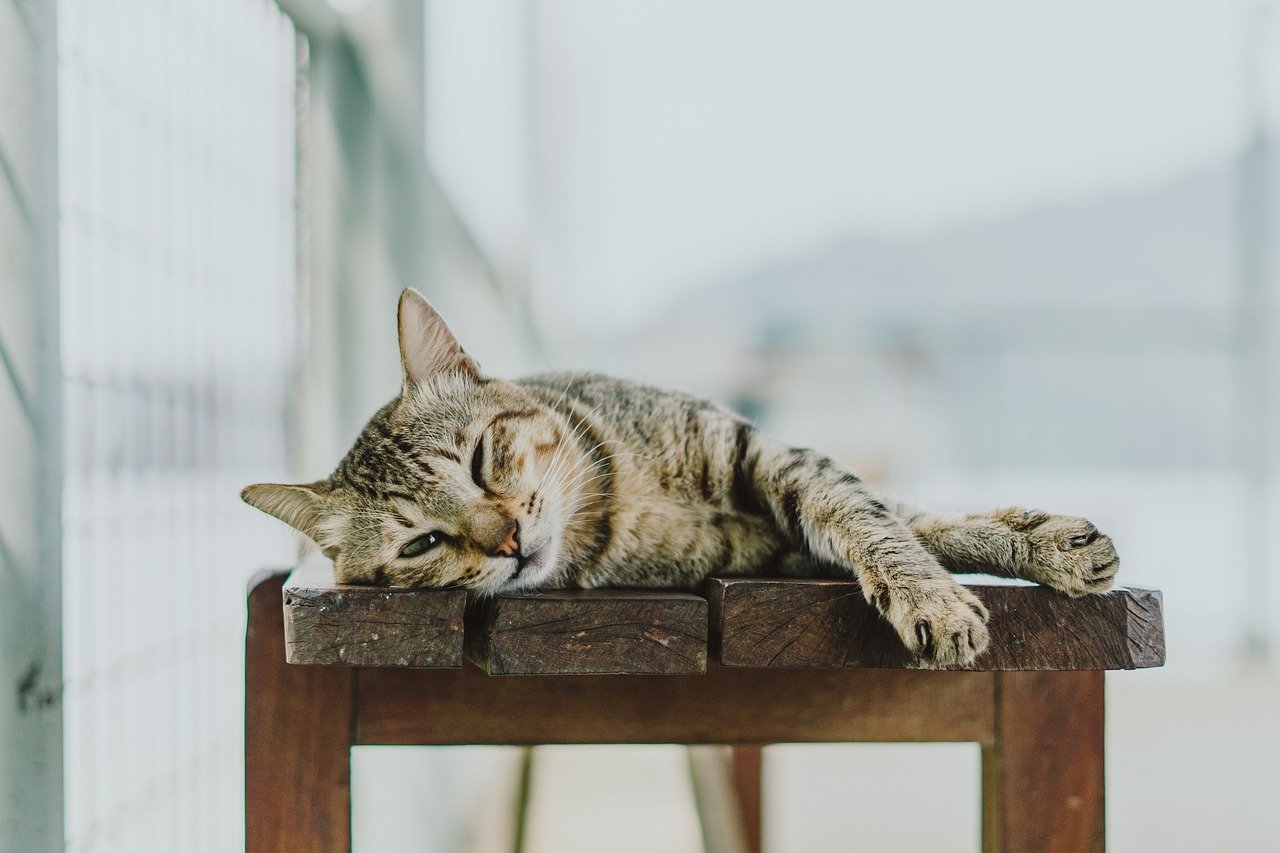
Cats are meticulous groomers, but they can benefit from a little help. Incorporate regular grooming sessions into their routine to help with shedding and prevent matting. Brushing your cat not only keeps their coat healthy but also reduces hairballs. This is also an excellent opportunity to check for any skin issues or parasites. Moreover, regular grooming sessions can be a bonding experience, strengthening your relationship.
Establishing a Bathroom Routine
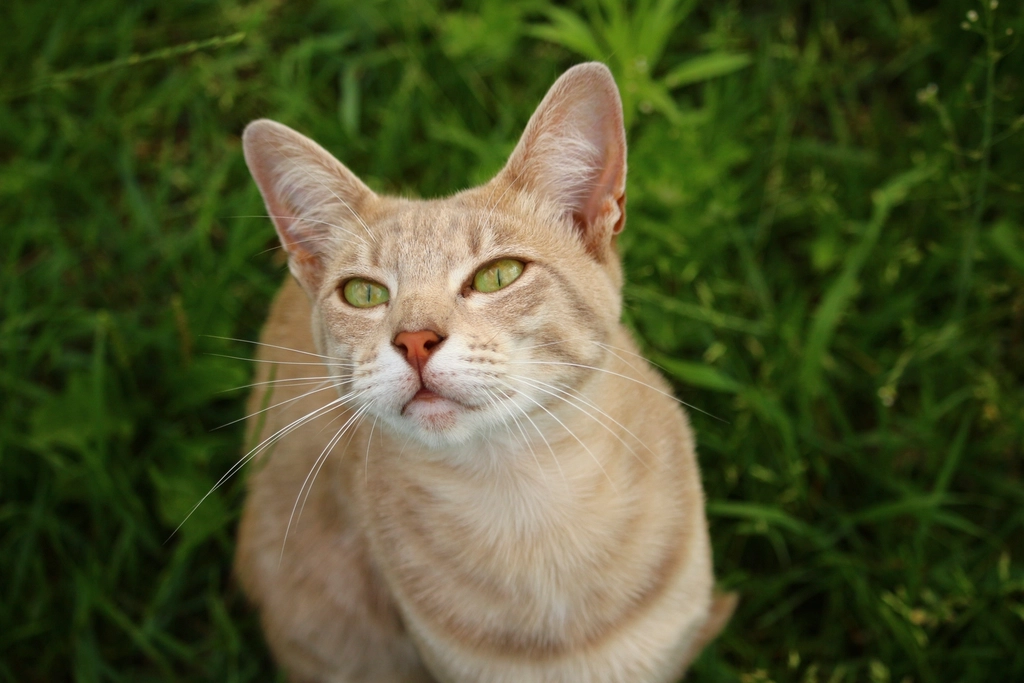
A clean and accessible litter box is a must for any cat. Ensure that the litter box is cleaned daily and placed in a quiet, private location. The type of litter you use can also impact your cat’s willingness to use the box, so experiment to find one they prefer. Keeping a consistent routine in terms of litter box maintenance can prevent accidents and promote good bathroom habits.
Providing Mental Stimulation
Cats are intelligent creatures that need mental stimulation to stay happy and healthy. Incorporate activities that challenge their minds, such as puzzle toys, treat mazes, or training sessions. Teaching your cat simple tricks or commands not only enriches their minds but also strengthens your bond. Regularly changing their toys and introducing new ones can keep their environment engaging and exciting.
Social Interaction and Bonding
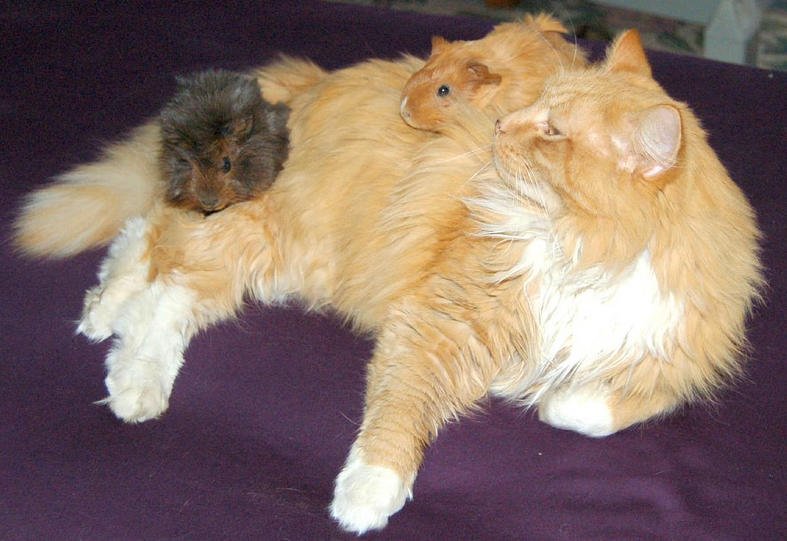
While cats are known for their independence, they also crave social interaction. Spend quality time each day interacting with your cat. This could be through gentle petting, talking to them, or simply sitting close by. Recognizing and responding to their cues for attention can deepen your bond and make them feel loved and secure.
Introducing Outdoor Exploration
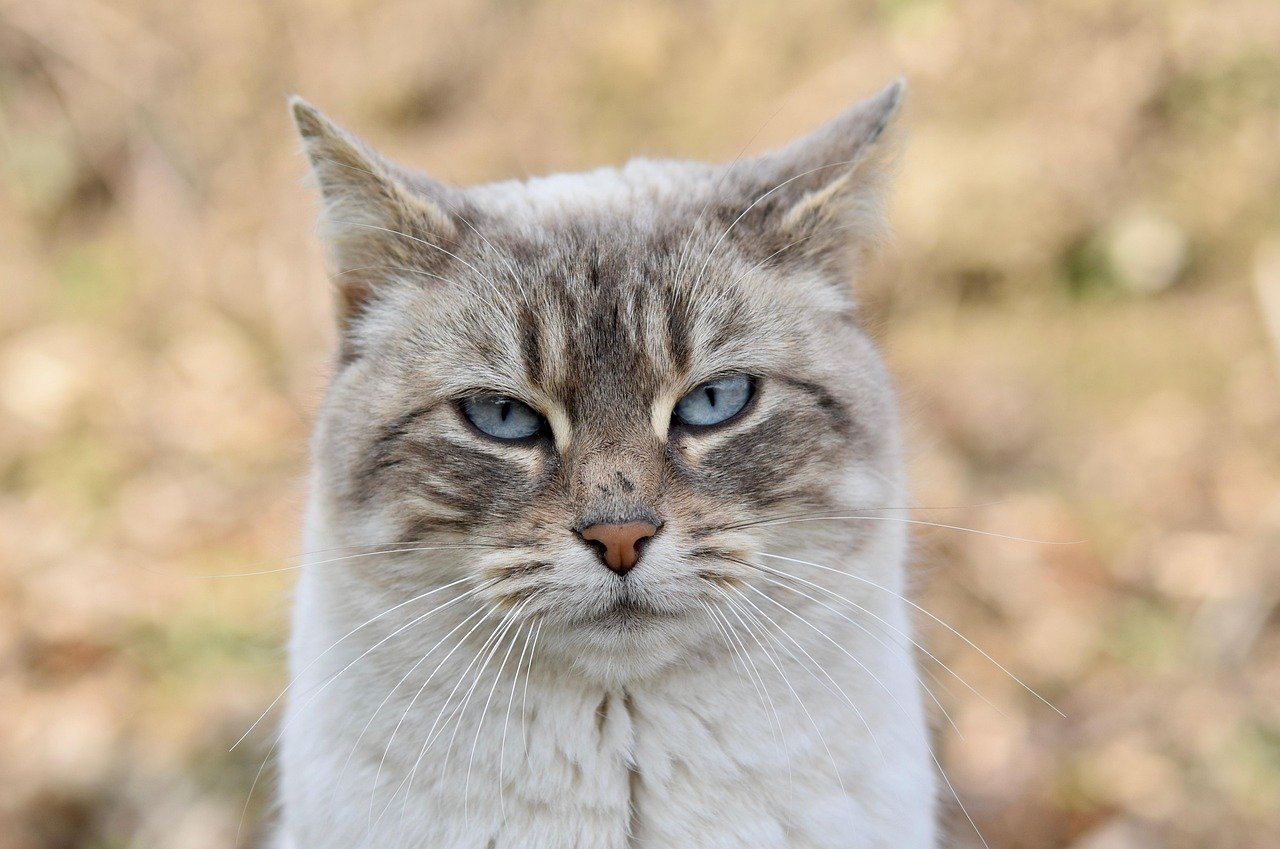
If it’s safe and feasible, consider allowing your cat to explore the great outdoors. This can be done by setting up a secure cat enclosure or training them to walk on a harness. Outdoor exploration provides mental stimulation and satisfies their curiosity. However, always supervise their outdoor time to ensure they remain safe from potential hazards.
Ensuring Routine Health Check-Ups
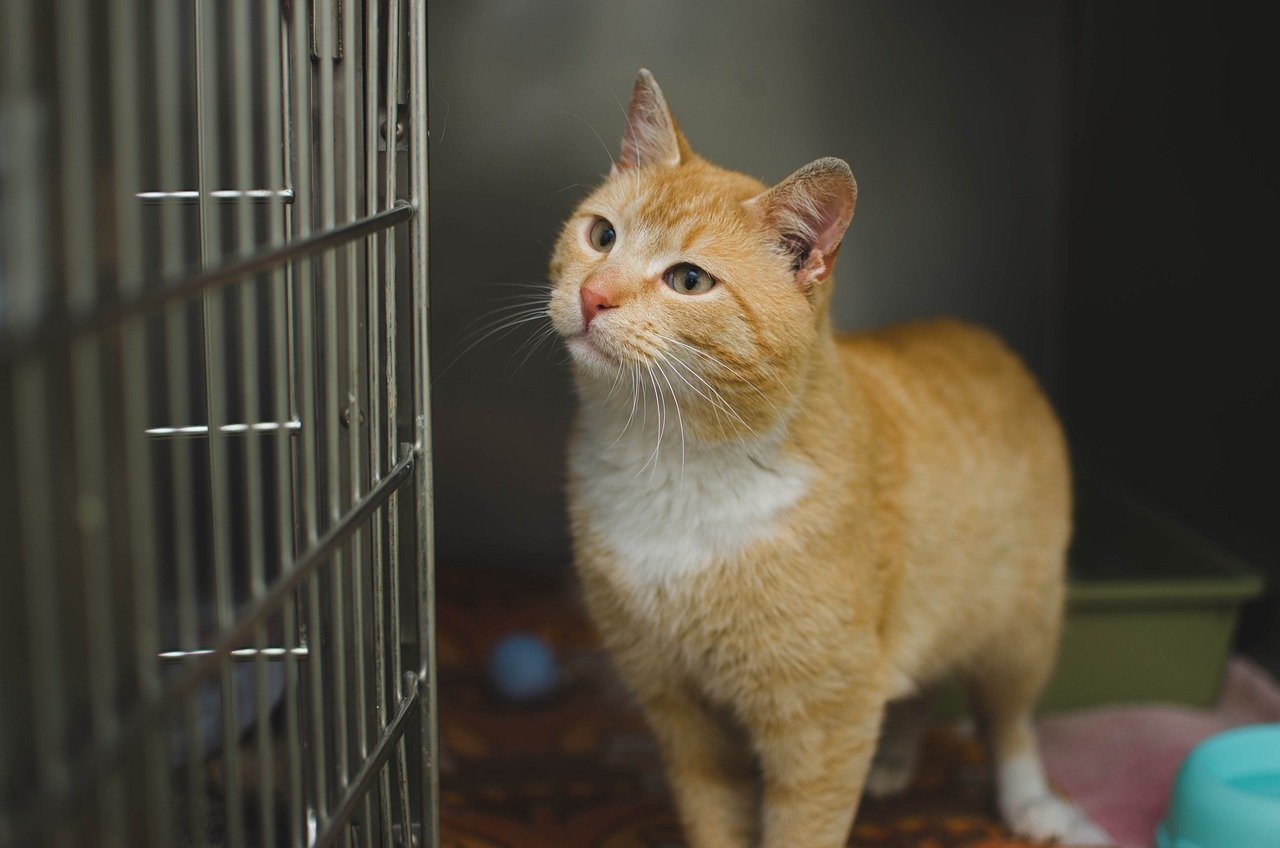
Regular vet visits should be a staple in your cat’s routine. Annual check-ups can catch potential health issues early and ensure your cat remains in optimal health. Keep track of vaccinations, dental care, and any specific health concerns. By prioritizing their health, you can ensure they lead a long and happy life.
Creating a Safe Environment
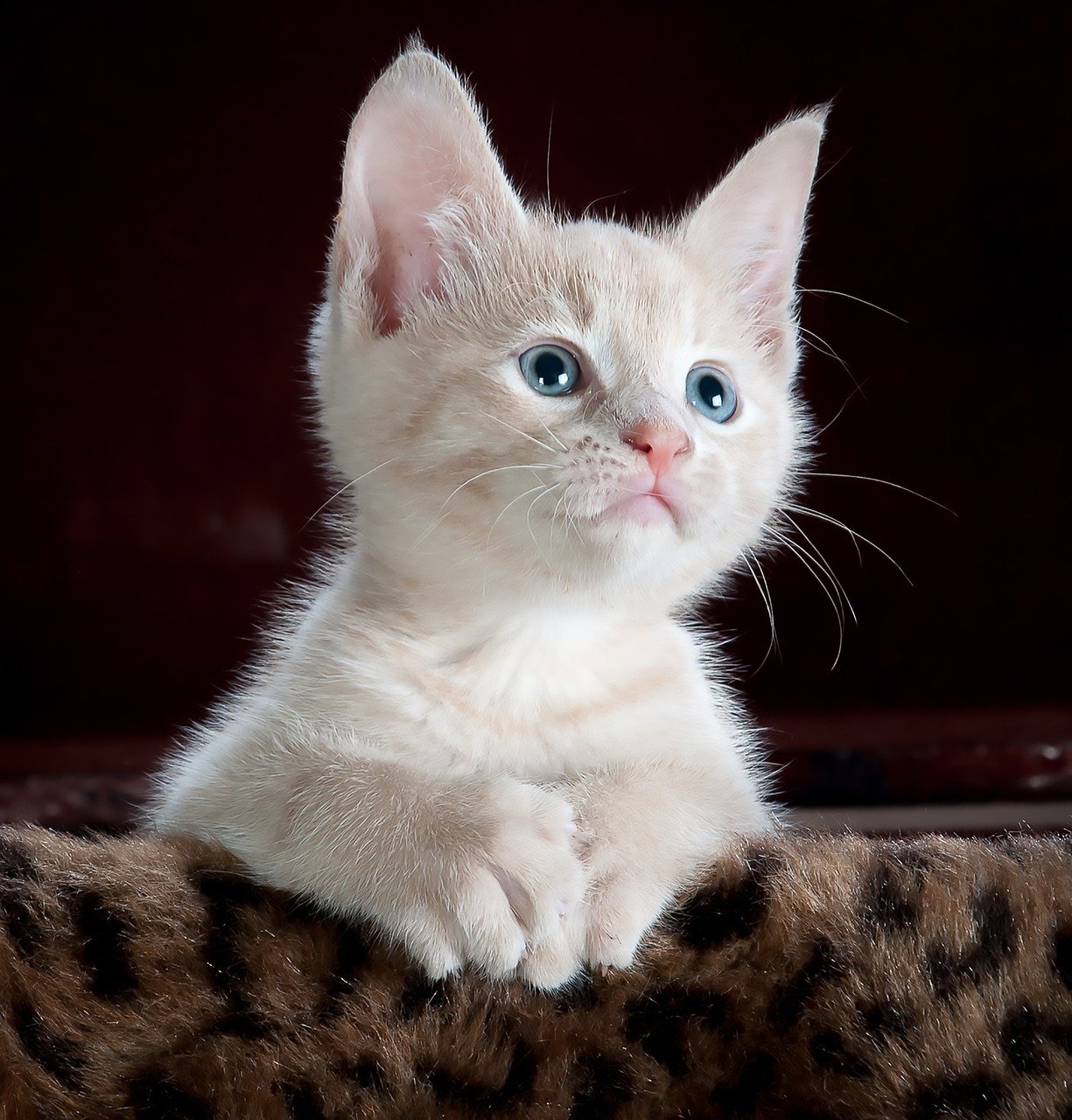
Your home should be a sanctuary for your cat. Ensure that there are no hazards, such as toxic plants or small objects they might ingest. Create safe spaces where they can retreat when they feel stressed or overwhelmed. Providing scratching posts, climbing trees, and perches can also enrich their environment and keep them entertained.
Incorporating Training Sessions

Training sessions can be an enriching part of your cat’s routine. Contrary to popular belief, cats can be trained, and they often enjoy the mental challenge. Use positive reinforcement techniques to teach them commands or tricks. This not only stimulates their minds but also strengthens your bond and improves communication.
Managing Stress and Anxiety
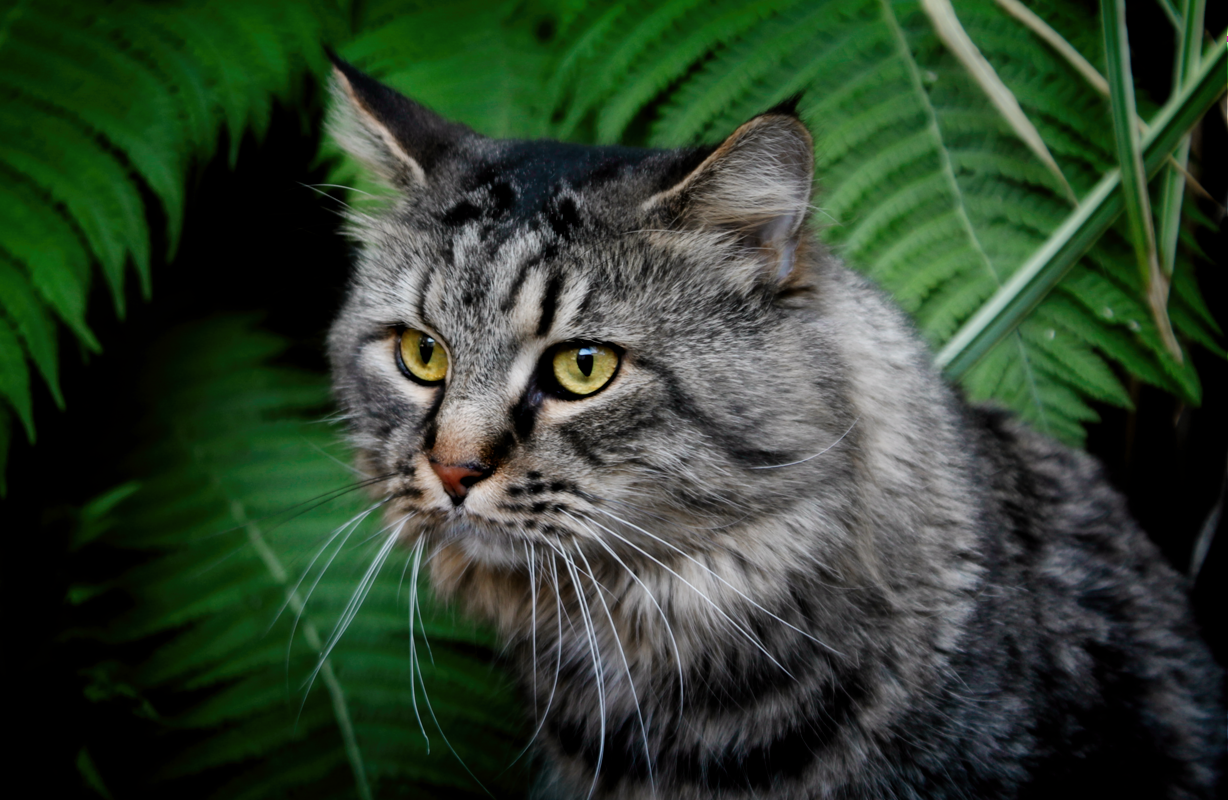
Cats can be sensitive to changes in their environment or routine, which can lead to stress and anxiety. Recognize the signs of stress, such as excessive grooming or hiding, and take steps to mitigate them. This could include providing safe spaces, using calming pheromones, or maintaining a consistent routine. Ensuring your cat feels secure and loved is crucial for their mental well-being.
Understanding Your Cat’s Communication
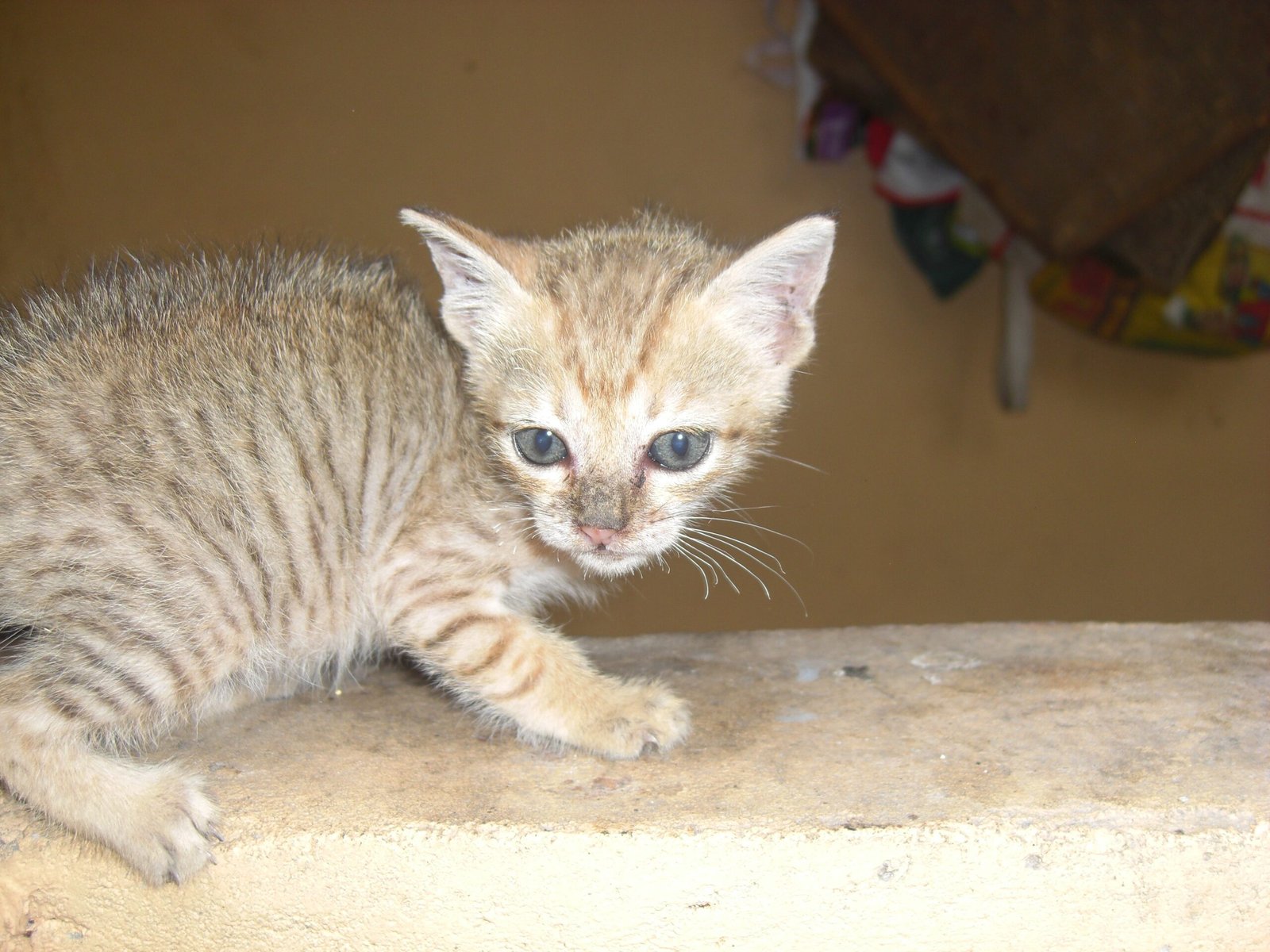
Cats communicate in various ways, from meows to body language. Understanding their communication can help you better meet their needs. Pay attention to their vocalizations, tail positions, and ear movements. By recognizing their cues, you can respond appropriately and strengthen your relationship.
Setting Boundaries and Rules
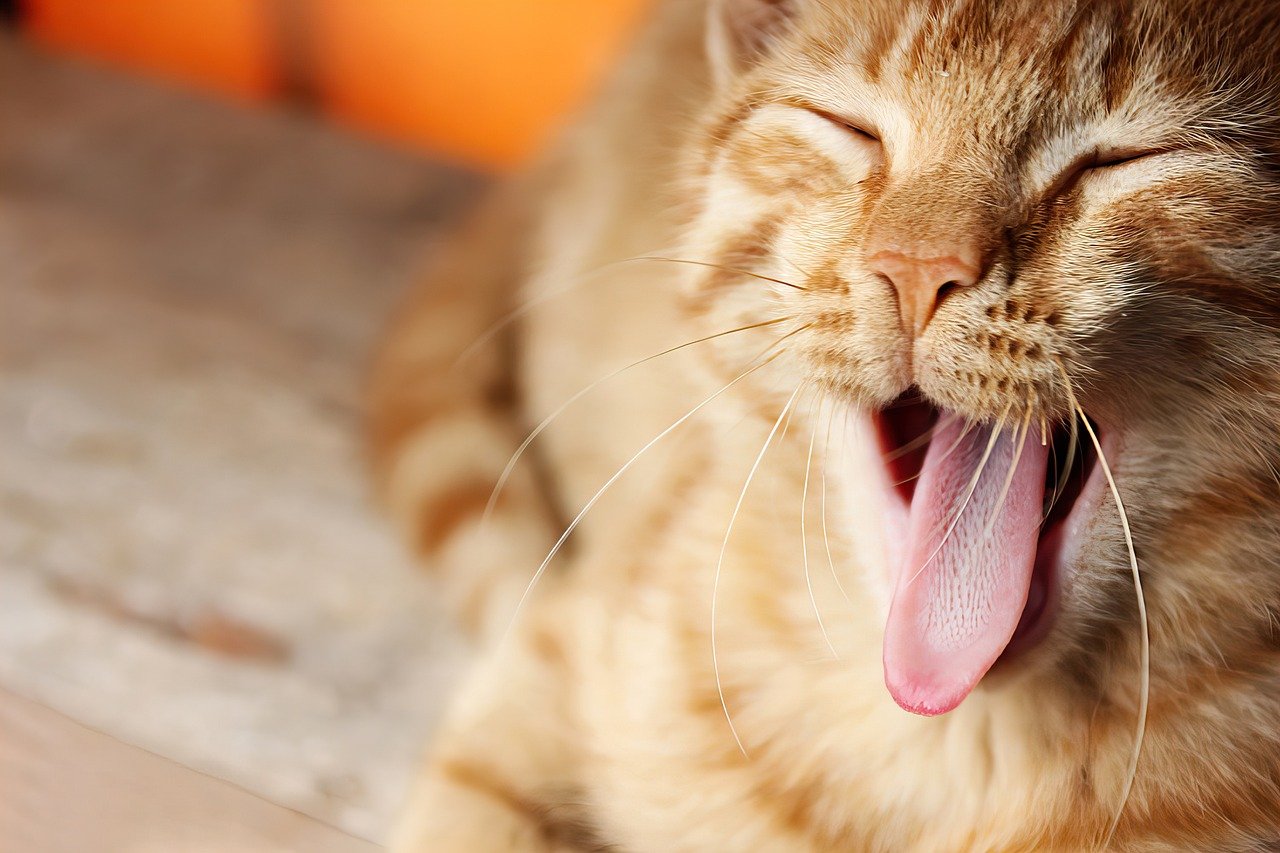
While cats enjoy freedom, setting boundaries is essential for a harmonious household. Teach them where they can and cannot go, such as keeping them off kitchen counters. Use positive reinforcement to encourage good behavior and discourage undesirable actions. Consistency is key, so ensure all family members are on the same page regarding rules.
Monitoring Diet and Nutrition
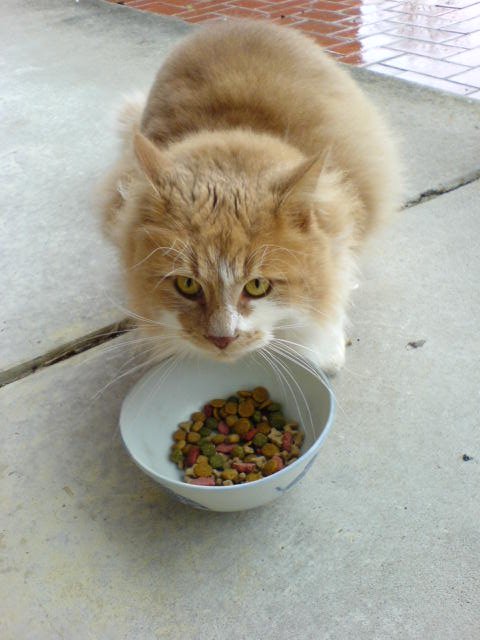
A balanced diet is crucial for your cat’s health. Regularly assess their diet and ensure they’re receiving the right nutrients. Consult with your vet to determine the best diet for your cat’s age, weight, and health conditions. Avoid overfeeding and monitor their weight to prevent obesity, which can lead to other health issues.
Incorporating Enrichment Activities
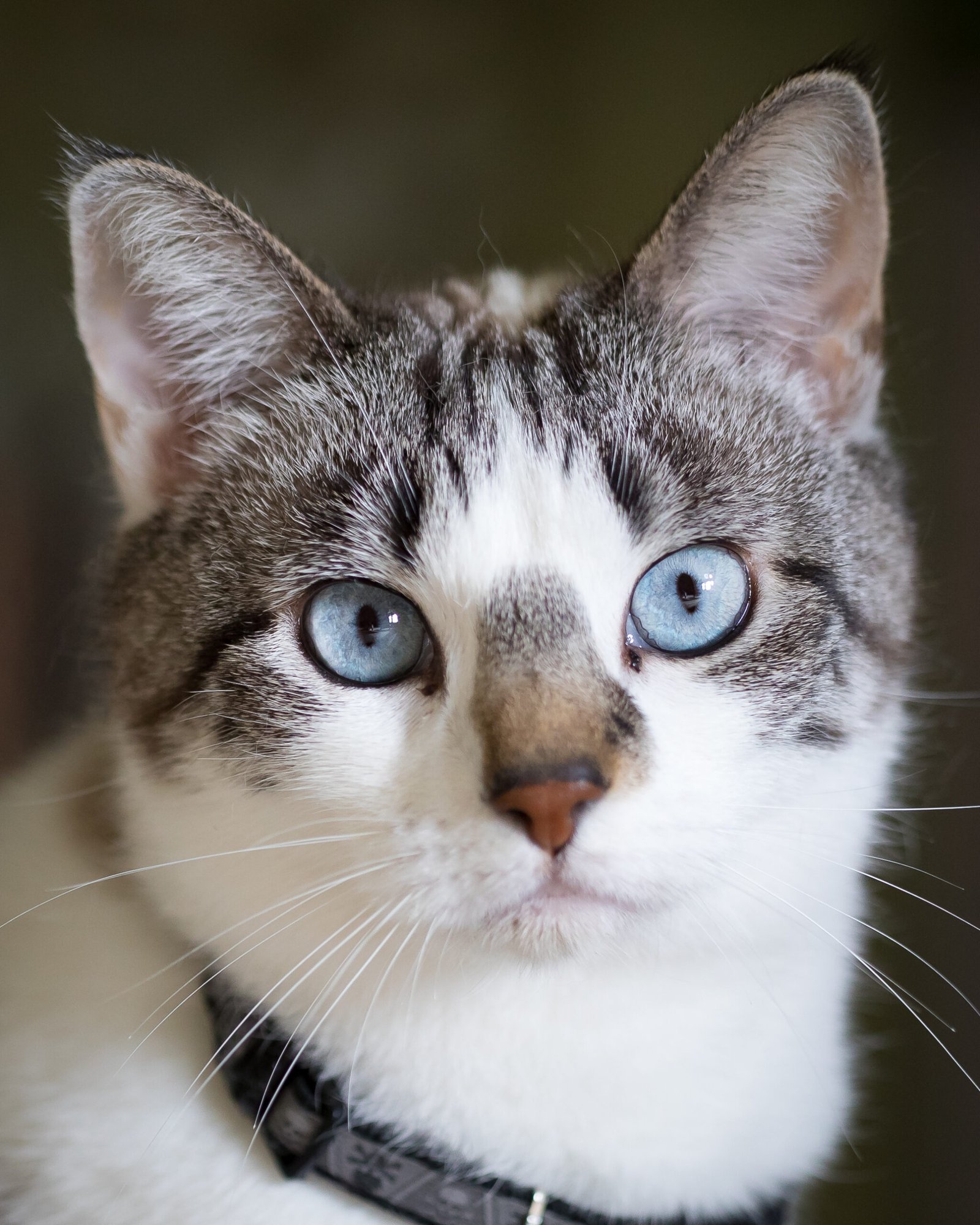
Beyond play, enrichment activities can keep your cat engaged and happy. This might include setting up bird feeders outside a window, rotating toys, or creating DIY obstacle courses. Enrichment activities cater to their natural curiosity and can prevent boredom and behavioral issues.
Maintaining a Consistent Routine
Cats thrive on routine, so maintaining consistency is key. Try to stick to the same schedule for feeding, playtime, and rest. This predictability reduces stress and anxiety, providing them with a sense of security. While occasional changes are inevitable, aim to keep disruptions to a minimum.
Adapting to Life Changes

Life is full of changes, from moving homes to adding new family members. These changes can be stressful for cats, so it’s essential to help them adapt. Introduce changes gradually and provide plenty of reassurance. Keeping some elements of their routine consistent can help them feel more secure during transitions.
Conclusion
Creating a perfect daily routine for your cat requires understanding, patience, and a keen sense of observation. By catering to their natural instincts and needs, you can ensure they lead a happy, healthy, and fulfilled life. Remember, every cat is unique, so tailor their routine to fit their individual personality and preferences. Your efforts will undoubtedly be rewarded with a content and loving feline companion.
Hi, I’m Bola, a passionate writer and creative strategist with a knack for crafting compelling content that educates, inspires, and connects. Over the years, I’ve honed my skills across various writing fields, including content creation, copywriting, online course development, and video scriptwriting.
When I’m not at my desk, you’ll find me exploring new ideas, reading books, or brainstorming creative ways to solve challenges. I believe that words have the power to transform, and I’m here to help you leverage that power for success.
Thanks for stopping by, Keep coming to this website to checkout new articles form me. You’d always love it!






